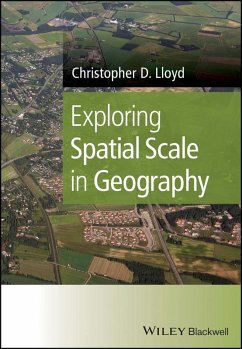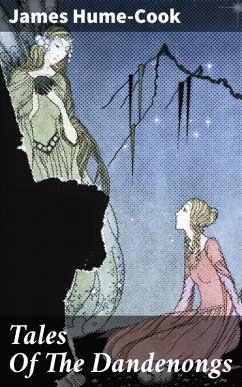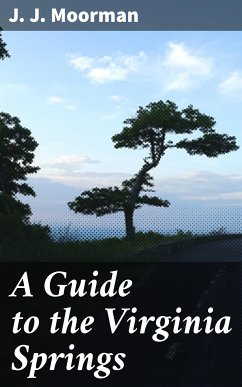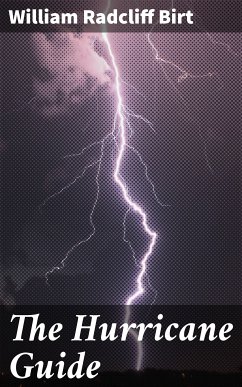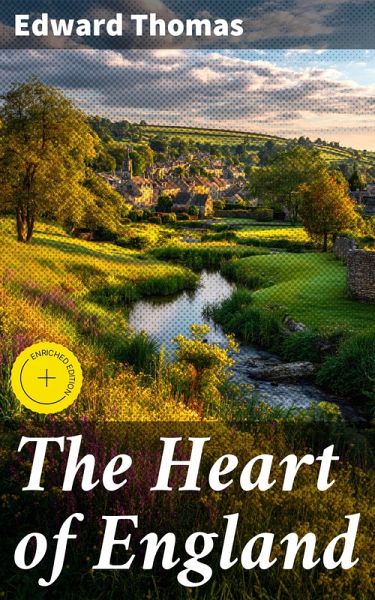
The Heart of England (eBook, ePUB)
Enriched edition. Exploring the Essence of English Countryside through Poetry
Kommentar: Remborough, Theo / Redaktion: Good Press

PAYBACK Punkte
0 °P sammeln!
In "The Heart of England," Edward Thomas presents a profound exploration of the English countryside, blending rich imagery with introspective reflections that echo the poignant beauty of nature. Through a series of evocative essays and prose poems, Thomas captures the nuanced relationship between the land and the human experience, revealing how the environment shapes identity and emotion. His literary style reflects the pastoral tradition, yet it is marked by a modern sensibility that seeks to reconcile the historical significance of the landscape with contemporary concerns of sufficiency and ...
In "The Heart of England," Edward Thomas presents a profound exploration of the English countryside, blending rich imagery with introspective reflections that echo the poignant beauty of nature. Through a series of evocative essays and prose poems, Thomas captures the nuanced relationship between the land and the human experience, revealing how the environment shapes identity and emotion. His literary style reflects the pastoral tradition, yet it is marked by a modern sensibility that seeks to reconcile the historical significance of the landscape with contemporary concerns of sufficiency and belonging. Published against the backdrop of early 20th-century England, Thomas's work strikes a balance between nostalgia and realism, showcasing the complex interplay between war, nature, and societal change. Edward Thomas, a pivotal figure in the English literary scene, was deeply influenced by his own experiences in the lush landscapes he described. A poet and essayist who embraced the rural tradition, Thomas found inspiration in the beauty and tranquility of the English countryside, which served as both refuge and muse in a time of escalating industrialization and impending war. His personal struggles with depression and the emotions tied to his experiences during World War I significantly informed his writing, offering readers profound insights into the human condition. Readers are invited to immerse themselves in "The Heart of England," where Thomas's lyrical prose will transport them into the essence of the British landscape. His keen observations encourage a deeper appreciation for nature's role in our lives, making this work a timeless invitation to reflect on one's connections to place and history. For those who seek beauty and insight in literature, this book is an essential addition to the canon of English nature writing. In this enriched edition, we have carefully created added value for your reading experience: - A succinct Introduction situates the work's timeless appeal and themes. - The Synopsis outlines the central plot, highlighting key developments without spoiling critical twists. - A detailed Historical Context immerses you in the era's events and influences that shaped the writing. - A thorough Analysis dissects symbols, motifs, and character arcs to unearth underlying meanings. - Reflection questions prompt you to engage personally with the work's messages, connecting them to modern life. - Hand-picked Memorable Quotes shine a spotlight on moments of literary brilliance. - Interactive footnotes clarify unusual references, historical allusions, and archaic phrases for an effortless, more informed read.
Dieser Download kann aus rechtlichen Gründen nur mit Rechnungsadresse in A, B, BG, CY, CZ, D, DK, EW, E, FIN, F, GR, H, IRL, I, LT, L, LR, M, NL, PL, P, R, S, SLO, SK ausgeliefert werden.





